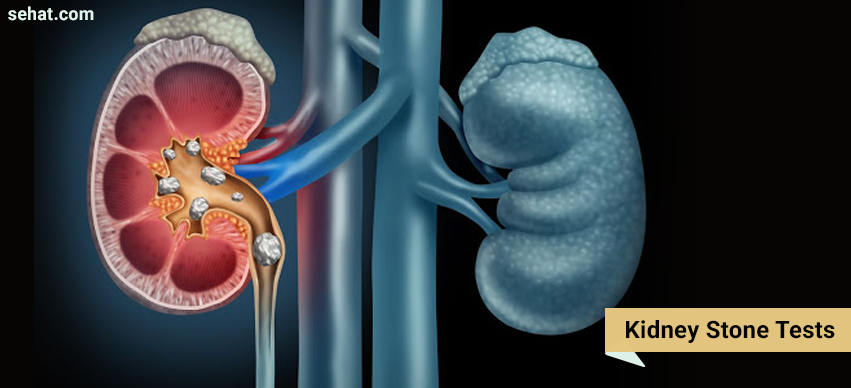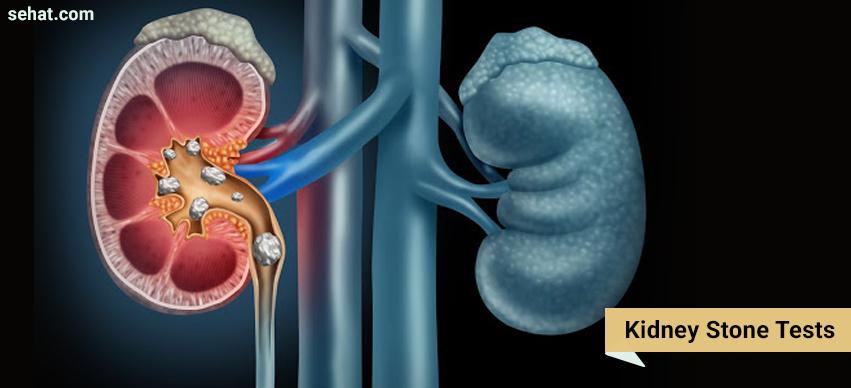How Communities Are Changing the Way We Think About Aging in..
8 Min Read


Kidney stones are formed due to the accumulation of certain minerals in the kidney. These stones, when unable to pass the urinary system get stuck and cause pain and other symptoms. There are various kidney stones tests. Ultrasound for kidney stones is a non-invasive method. There is no conclusive test for kidney stones at home.
Condition of kidney stones is medically termed as nephrolithiasis. Kidney stones are formed inside the kidneys. These are the deposits of minerals that become hard and get lodged inside the kidney. Various parts of the urinary system i.e. kidney, ureter, or bladder, may get affected by kidney stones. Symptoms experienced by the patients may vary and depend upon various factors. These factors include the shape and size of kidney stones and the area which gets affected. In many instances, surgical intervention is not required and the patient may be treated through oral medications. However, in case of delayed diagnosis or when the kidney stone results in further complications such as urinary tract infection, the urologist may recommend surgery. Symptoms experienced by the patients include severe pain below the ribs, nausea, and vomiting, pain on urination, and increased frequency of urination. Kidney stones are classified based on the material with which the kidney stone is formed. Kidney stones may be formed of calcium oxalate, uric acid, struvite, or cystine.
[Also Read: Can drinking energy drinks cause kidney stones]
Following are the various kidney stone tests;
The urologist performs a detailed physical examination of the patient. The urologist will evaluate the site of pain and ask the patient about any previous history of kidney stones. Based on the evaluation, your urologist may advise various diagnostic tests to confirm kidney stones or to exclude other causes of pain.
Various imaging techniques are employed for diagnosing kidney stones. Simple image testing such as normal abdominal X-Rays can detect large stones but small or tiny stones are not detected. For diagnosing tiny kidney stones, advanced Computed Tomography (CT) is advised. Other imaging methods that are used include ultrasound for kidney stones which is a non-invasive method and urography in which a dye is injected in the vein of arms and the image is taken as the dye passes through the urinary tract. When the image is taken through X-ray, the test is termed as intravenous pyelogram and when the imaging techniques used to detect the dye are CT, the test is termed as CT urogram. The dye may affect kidney function in people with abnormal kidney function. Do not forget to provide information related to the medications you are taking as a dye in combination with certain medications may have renal damaging effects.
Blood tests are advised because of two main reasons. First, it helps in evaluating the probable cause of kidney stones. Second, it helps in ruling out chances of kidney dysfunction. If the calcium or uric acid levels in the serum are high, chances are that kidney stones formed may be calcium stone or uric acid stone. This will help the urologist in deciding treatment to prevent a recurrence. Blood tests done to exclude kidney dysfunction are creatinine levels and blood urea nitrogen levels.
Urine tests provide important information about the increased level of those substances that increases the risk of kidney stone formation. Urine tests also analyze the low level of substances that prevents kidney stone formation. Generally, a urine test is done on the urine collected on two consecutive days.
Stones from the urine are collected by placing a strainer. The stones are collected to analyze the chemical with which the stone is formed. This will help the urologist to decide the treatment regimen.
There are various symptoms of kidney stones. However, none of the symptoms are specific to kidney stones as the symptoms may be due to various other conditions including urinary tract disorders. If you have a previous history of kidney stones, then the symptoms may indicate its recurrence. However, it is best to see the doctor if you experience the following symptoms;
You should visit the doctor as soon as possible even if you think that it is the pain of kidney stones. This is because the stones that get stuck in the urinary tract may damage the urinary system. The patient normally searches for a kidney stone test at home but there is no conclusive test. The doctor may advise ultrasound for kidney stones.